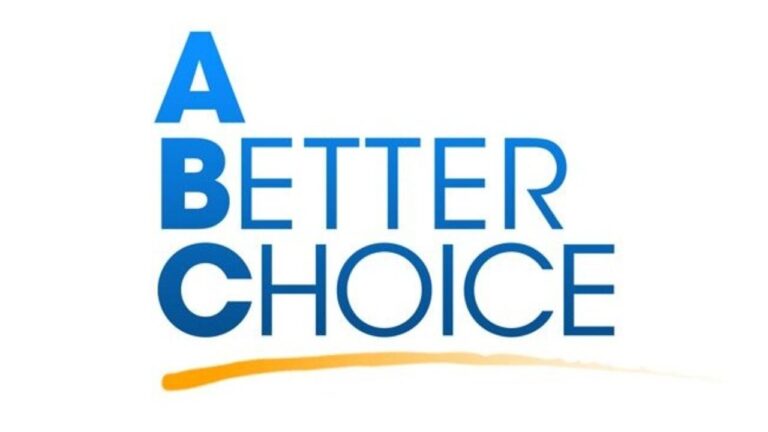High net worth people tend to appreciate value and typically want life insurance protection for life.
Permanent life insurance (sometimes referred to as whole life insurance) offers much better value for life insurance buyers than any type of term life insurance. The net cost of permanent life insurance is undeniably better.
Net cost is the total premiums paid minus the total cash value. For example, if $80,000 of total premium is paid into a permanent policy over 10 years and the cash value of the policy is $80,000, there is a net cost of $0. That is not an error. It is how permanent insurance is designed. Comparatively, if $40,000 of total premiums were paid into a term policy over the same period, the net cost would be $40,000. The cost of term insurance increases as we get closer to life expectancy while a whole life premiums are level or may have been paid up in the early years.
The longer you own a permanent life insurance policy, the better the net cost will be. A lower net cost number is better. Conversely, the longer you own term insurance, the higher the net cost will be.
There are two types of life insurance that all policies fall into – permanent insurance and term life insurance. Most jumbo life insurance policies are permanent policies.
What are the differences between term insurance and permanent life insurance?
Permanent life insurance provides lifetime coverage, meaning that it can be designed to provide lifetime coverage or coverage to a target age. The target age is selected by the policy owner, not the insurance company. Not everyone needs or wants coverage for life.
Some permanent life insurance policies build up equity or cash in the policy and some do not. Because term insurance has lower premiums in the early years, people mistakenly believe that term insurance is “better” coverage. Not only does permanent insurance have much lower net cost over time, it has much greater flexibility and it is more easily customizable.
Permanent life insurance is the best value for lifetime coverage.
Term insurance is temporary insurance – it expires at the end of a guaranteed period. Permanent insurance will stay inforce as long as the policyowner wants to keep it. Permanent insurance puts the policyowner in control of when coverage ends, not the insurance company.
What Nobody Tells You About Term Life Insurance.
“Over the past 25 years, people were sold a complicated marketing gimmick called “buy term and invest the rest”. Individual policyholders were told they could invest better than insurance companies, encouraging them to invest the annual difference between a term premium and the higher premium for a permanent policy. The difference would go into a side investment fund to be invested with hope it would be used to pay for the much higher term premiums later in life.
Buy term and invest the difference has proved to be a costly mistake for millions.
Although this sounded reasonable to unsuspecting life insurance consumers, “buy term and invest the rest” proved to be nothing more than slick marketing. It has been primarily promoted through multi-level marketing groups and entry level insurance agents. The projections are often run using unrealistic interest rates to grow the side fund. Someone who bought a 20 year term policy in 2005 may have seen projections using 7% while the actual interest rate over that period was half that amount, or less. The proponents often use average S&P returns to justify using high growth assumptions within the side fund. That is not a fair assumption either because the side fund cannot afford losses, forcing the side fund to invest conservatively.
Insurance companies invest and manage billions of dollars compared to individuals who usually invest much smaller amounts. Insurance companies employ the best and brightest in their investment departments and insurance companies are able to monitor assets on a 24/7 basis, while policyholders cannot. There are no taxes paid while the insurance company is managing the assets. Person after person will tell you they never invested the annual difference. They bought inexpensive term insurance but never built up a side fund. The few who did invest, did not invest with discipline. If they skipped years or withdrew funds from the side fund account, the whole thing was derailed. The result is a messy trail of people with expiring term policies or compromised health. In worse case situations, some have no side fund and they cannot get new coverage because of health issues.
Most people do not convert their term policy for good reasons.
More and more people buy permanent life insurance when it is properly presented to them. “But what about Dave Ramsey and Suze Orman who don’t like permanent life insurance?” They are not insurance professionals and they do not offer advice to individuals because that would require them to be in compliance, carry the proper licences and put their reputations on the line. It is easy for pundits to make unsubstantiated claims. They sell ad space, books or subscriptions.
Buying life insurance is often a process over a lifetime, not a one-time event. Term insurance can be the right decision for young families. The right time to consider buying permanent insurance is sooner than later. The following triggers lead people to consider permanent insurance:

When moving from the “paycheck to paycheck” lifestyle, we become potential permanent life insurance buyers. Since ninety seven percent (97%) of all term policies do not pay a claim, then 97 percent of ALL term premium were wasted. High Net Worth (HNW) consumers and high income earners choose permanent life insurance because it has better value:
Replacing Your Income: If your family or business depends on you and your income to run smoothly, permanent life insurance is the right product for those who can handle the higher premiums.
Immediate Liquidity: Very wealthy people own permanent life insurance. They want the guaranteed liquidity it provides at death.
Permanent Life Insurance Is The Best Tool For Mitigating Succession Planning Problems:
- The value of assets fluctuates significantly and death is always the worst time to sell a business or other assets.
- Many people have children working in a family business. Life insurance is the great equalizer for those children who do not work in the business. Without liquidity in these cases, there is great risk to a smooth succession of a family business.
- More and more grandparents own a life insurance policy for each of their grandchildren. The insurance policy is straightforward, inexpensive and a “feel good” asset knowing how it will impact the grandchildren.
- Premium Financing. Wealthy people have the ability to finance life insurance. When it makes sense, it is a very effective tool to create tax free wealth.
Please contact us at 561-771-4647 or email me at [email protected] about a free review.
Visit us at www.facebook.com/lifecycleplanners
https://en.wikipedia.org/wiki/Whole_life_insurance l https://en.wikipedia.org/wiki/Life_insurance#Permanent_life_insurance
best life insurance. what is term insurance?
Also published on Medium.







